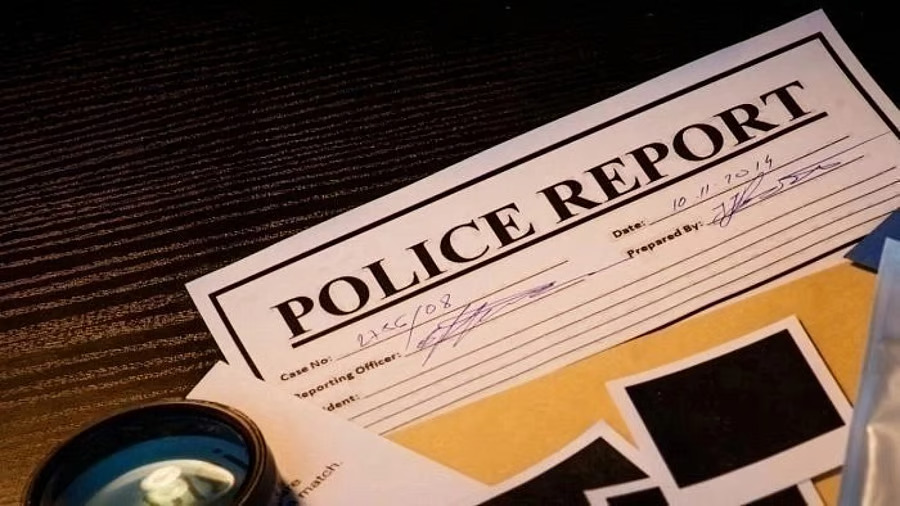In early August, authorities in Dakshina Kannada initiated three separate investigations linked to objectionable and inflammatory social media posts. Originating from complaints filed between August 6 and 7, each case centered on content that reportedly crossed the line between free expression and public provocation.
1. Facebook Video Allegedly Inciting Unrest
The first FIR was prompted by a disturbing video circulated on Facebook by an individual named Girish Mattannavar. The material was deemed obscene and capable of inciting public unrest, prompting swift police action under relevant provisions of the Bharatiya Nyaya Sanhita .
2. YouTube Statements Creating Public Fear
The second case involved content posted on YouTube by Mahesh Thimmarody. According to complaints, these statements had sparked fear and discord among the public—raising concerns of communal disharmony .
3. Obscene YouTube Language Sparks Legal Action
The third FIR was filed after a video containing obscene language, also shared on YouTube by Puneeth Kerehalli, came to light via a complaint .
In each incident, the complainants came across the content while browsing their social media accounts—emphasizing how easily provocative materials can spread and reach unsuspecting users .The police are now investigating, and it’s expected that FIRs were filed under sections that address incitement, obscenity, and public safety breaches under the Bharatiya Nyaya Sanhita.
Social Media: A Double-Edged Sword
These cases underscore the complex interplay between digital expression and public order. On one hand, social platforms are powerful tools for sharing ideas; on the other, unchecked content—especially that payloaded with hate, obscenity, or incitement—can rapidly erode social harmony.
In regions like Dakshina Kannada, with its mosaic of cultures and identities, even a single ill-judged post can trigger far-reaching consequences. These FIRs reflect a broader push to draw boundaries when speech veers towards provocation or maligns communal sensibilities.
Broader Context: Ongoing Vigilance Over Online Harassment
This isn’t an isolated incident. Across Karnataka, police have been closely monitoring online behavior. For example, in Udupi and nearby areas, cases have been opened for inflammatory posts targeting communities or for spreading misinformation . In Mangalore, six individuals were arrested for repeatedly posting inflammatory content over Instagram pages, with police emphasizing the sustained harm such content causes.
Separately, in Bengaluru, cybercrime authorities have ramped up action against coordinated harassment—most notably against actress and former MP Divya Spandana, also known as Ramya—highlighting how online speech can escalate into serious threats and abuse.
Reflection: Balancing Freedom and Responsibility
These proceedings prompt a wider conversation about our digital futures. How do we balance free speech with accountability? When does provocative speech become dangerous? And who decides?
For users, it’s a reminder to post with care and empathy. For platforms, there’s an ever-increasing expectation for moderation and intervention. And for legal systems, the challenge lies in applying laws equitably, without stifling legitimate discourse.
Our Services – FACTS Transcripts
We at FACTS Transcripts assist in various services, including:
- Mark Sheet Transcripts
- E-Transcripts
- Duplicate Mark Sheets & Degree Certificates
- Medium of Instructions Certificates
- Attestations
- HRD Attestation / Apostille Services
- ECA (Educational Credentials Assessment)
Trusted by leading global verification organizations, including WES, IQAS, PEBC, NDEB, NASBA, CAPR, NZQA, ICAS, NCESS, ICES, ECE, eduPASS, ACEI, GCEUS, Comparative Education Services, NNAS, NCA, SAQA, QMAS, FORAC, Australian Pharmacy Council, and more.
FACTS Transcripts – The preferred choice for university document verification worldwide. We ensure a hassle-free process for obtaining your transcripts.










